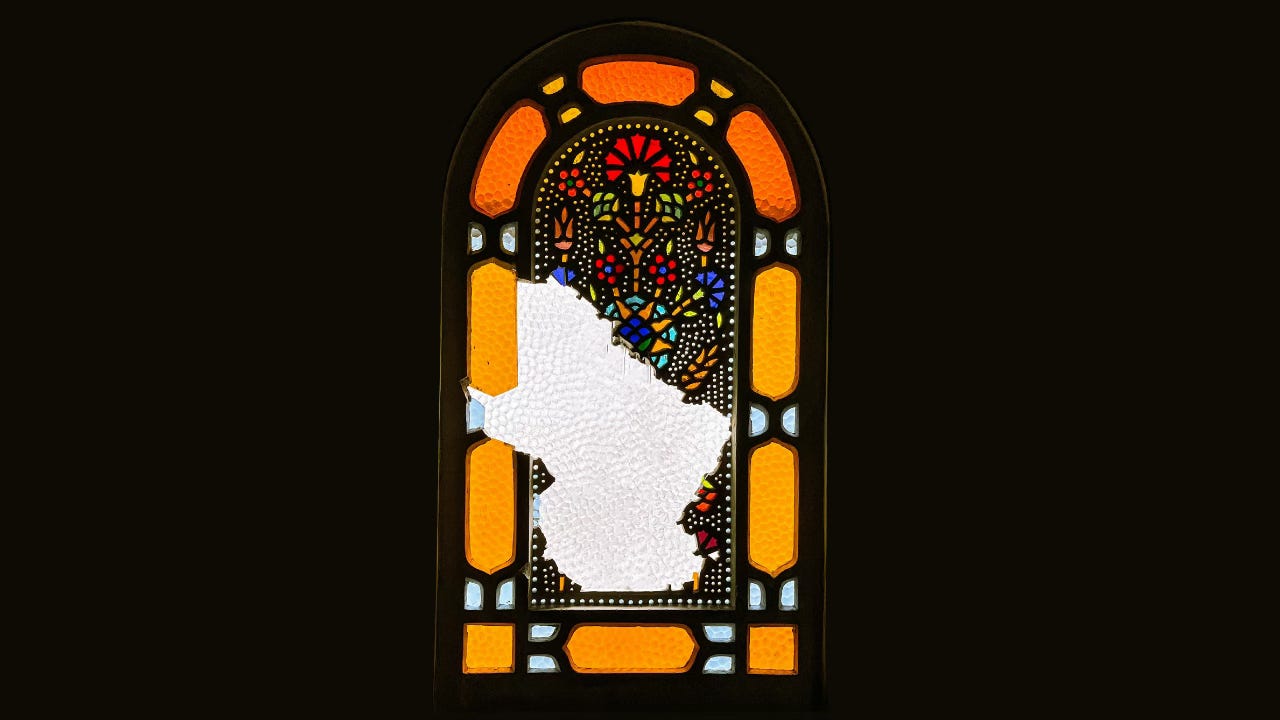Why I Didn’t Deconstruct After Church Hurt
Church hurt is real. Don’t let anyone tell you otherwise.
The broadness of the phrase “church hurt” requires clarity and nuance. I think we can take the variety of experiences captured under that phrase and plot them on a continuum.
On one end, we see hurts like betrayal, lies, gossip, spiritual abuse, and the hypocrisy of a church’s leaders. This kind of hurt bewilders, confuses, and disorients. These hurts tend to fall on the intense and rare level of the spectrum. It's important to state that church hurt isn’t one-directional. It can happen between members, between leaders, leader to member, and member to leader.
Now, on the other end of the spectrum, there are the more frequent and milder hurts that occur when we live in proximity, honesty, and regularity with fellow sinners who are still being sanctified. Disappointments, misunderstandings, and conflict all happen in this space. These experiences hurt, but they don’t hurt hurt. Stubbing a toe hurts. But breaking a leg is a different…




